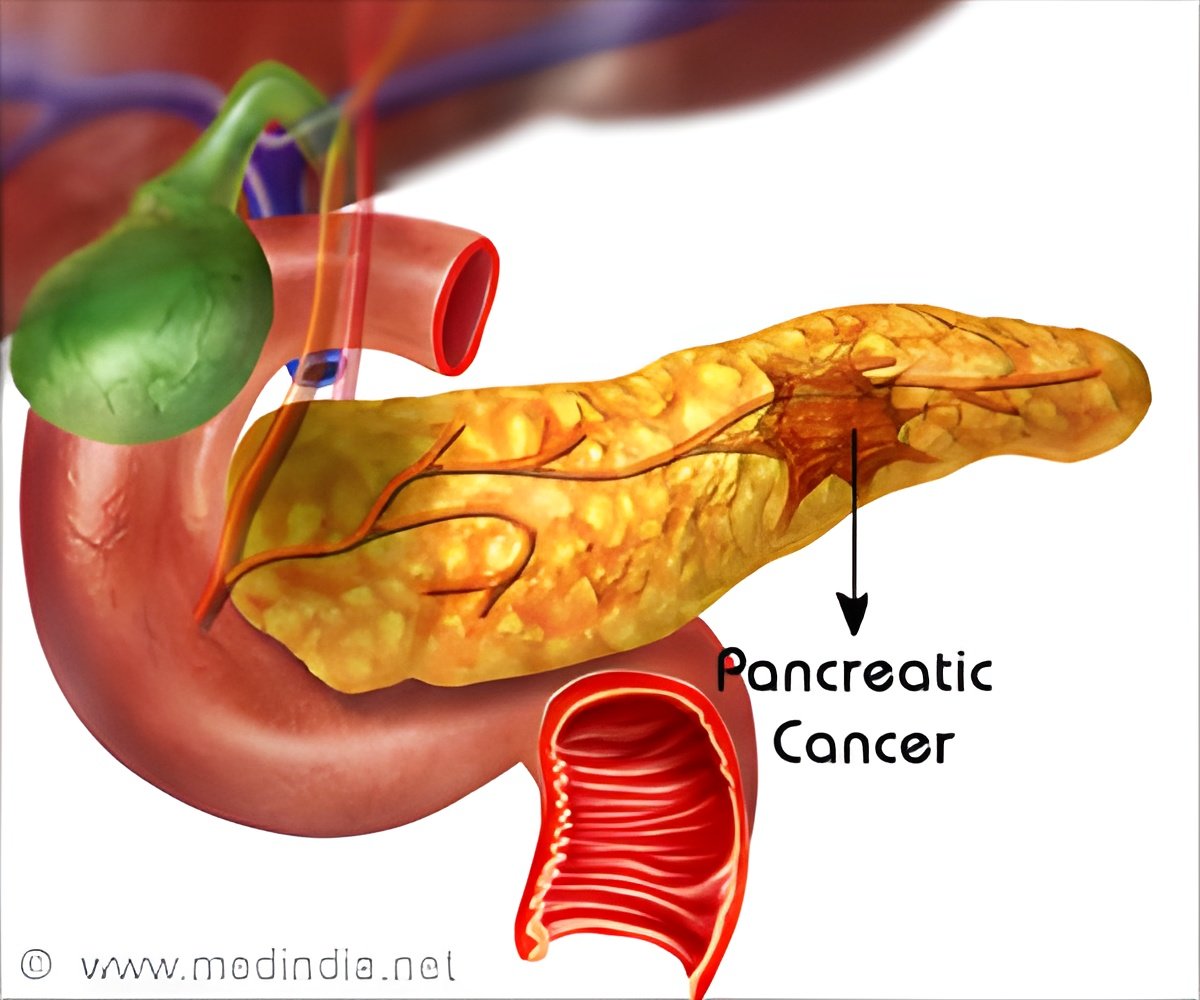
"This research provides a potentially very powerful alternative approach to the way that conventional drugs tackle pancreatic cancer by targeting a very specific area of the DNA of faulty genes," said Stephen Neidle, Professor at University College London.
Neidle said that although these results are exciting, MM41 is not ideal for trailing in humans and further refinements are needed.
"We are now working to optimize this class of compounds, but it is clearly worthy of further investigation for potential use in treating pancreatic cancer in people," he said.
Pancreatic cancer is the most lethal of any common cancer. Researchers have estimated that only three in every 100 people diagnosed will live for five years or more and this survival rate has barely improved in the last 40 years.
The majority of patients are diagnosed too late for surgery -- currently the only potentially curative treatment -- and 80 percent of those who have surgery will witness the cancer return, the study noted.
Advertisement
During the treatment period the group given the larger dose, had an 80% reduction in tumors. Analysis of the mice tumors showed that the MM41 compound had been taken up into the nucleus of the cancer cells, showing that it was able to effectively target the pancreatic cancer tumor.
Advertisement
Source-IANS















